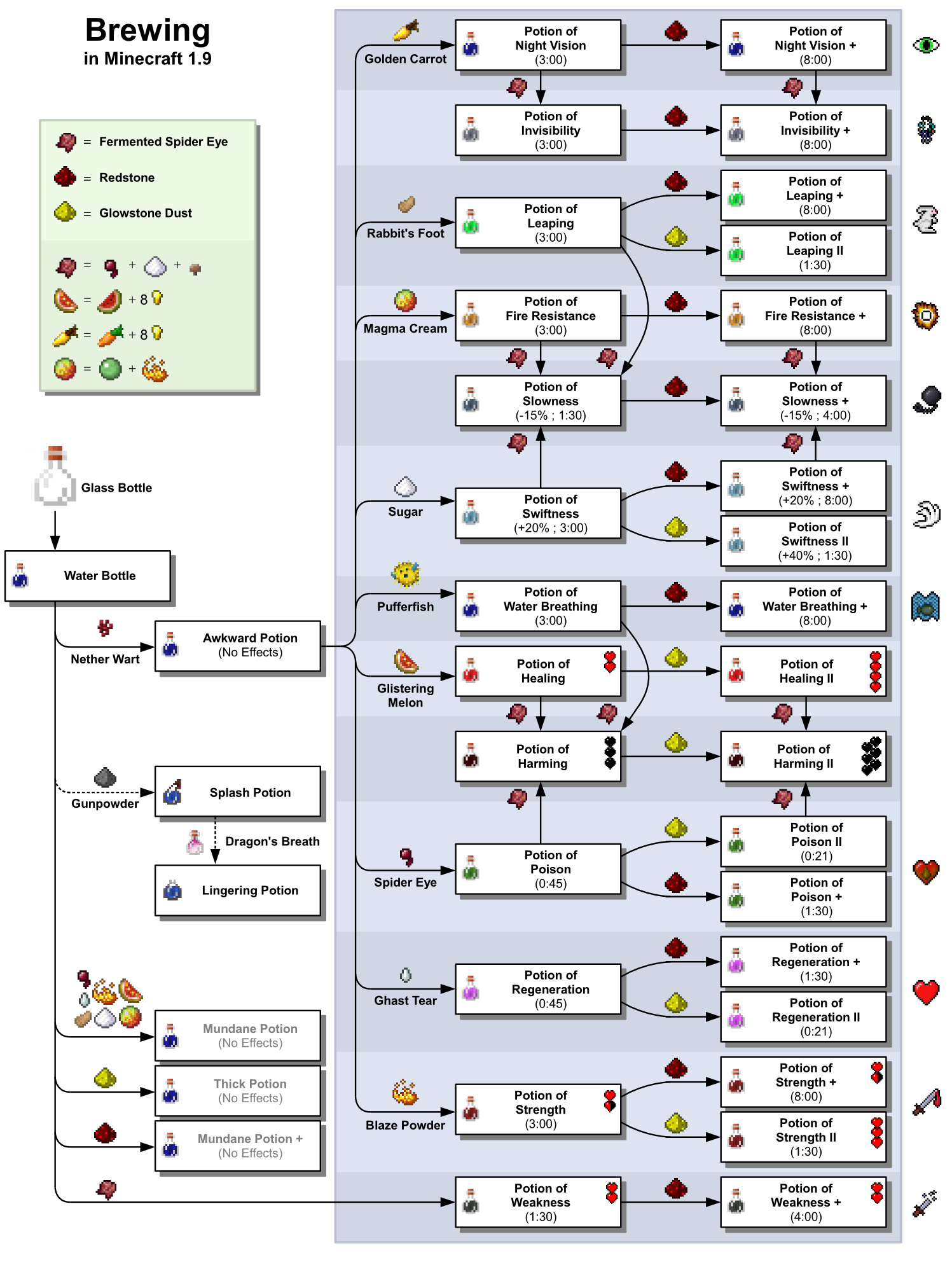Introduction
The comparison between Rwanda and South Africa is a pertinent topic in contemporary discussions, especially given the distinct trajectories and developments of these two nations post-apartheid and post-genocide. Both countries have unique histories, cultures, and economic frameworks, making them subjects of interest for political scientists, economists, and cultural anthropologists alike.
Historical Context
Rwanda experienced a harrowing genocide in 1994 that led to the death of an estimated 800,000 people. Since then, the country has made significant strides in recovery and development under the leadership of President Paul Kagame. In contrast, South Africa, which abolished apartheid in 1994, has been navigating the complexities of a diverse society that still grapples with inequality and social unrest decades later.
Economic Developments
Economically, South Africa is the continent’s most industrialized nation, boasting a GDP of over $350 billion as of 2023. Its economy is marked by a strong mining sector, agriculture, and manufacturing. On the other hand, Rwanda, with a GDP of approximately $12 billion, has been recognized for its rapid economic growth and reforms in sectors like technology and agriculture, preparing to position itself as East Africa’s hub. Rwanda’s initiatives, such as the Vision 2050 strategy, aim to accelerate this growth and transition it towards a knowledge-based economy.
Societal Aspects
Both countries exhibit rich cultural heritages. South Africa is known for its ‘Rainbow Nation’ moniker, celebrating its African diversity through various languages and ethnic groups. Meanwhile, Rwanda is famous for its resilience and Unity and Reconciliation Committee which fosters national unity and healing post-genocide. Despite their differences, both societies value community and have made strides towards gender equality.
Conclusion
In conclusion, comparing Rwanda and South Africa provides ample insight into two unique narratives in Africa. While both countries have made significant achievements since their respective turning points, they continue to face challenges that test their socio-economic fabrics. The future holds potential for greater collaboration between the two, especially in areas of trade, tourism, and technological exchange, positioning them as significant players in the African continent and beyond.


